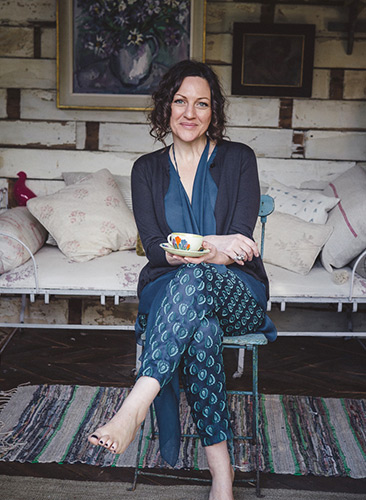Top 5 Fertility Tips
/
It’s National Fertility Awareness Week and, rather than concentrate on scare stories about declining fertility, I wanted to suggest some simple ways that all of us can have a positive impact on our own fertility...
1) Protect yourself from STDs: It is estimated that a quarter of all fertility problems are caused by the effects of STDs. For example, Chlamydia can lie completely undetected with no symptoms and end up blocking fallopian tubes if not diagnosed and treated early on. It is important to use barrier methods such as condoms until you are with a partner that you might want to have children with. This is the best way to protect yourself from STD's. Regular tests will mean that if you have contracted anything then you can get early treatment which might help a condition develop into something more serious and harder to treat. 2) Don't smoke: Smoking accounts for 13% of the world’s infertility and ages you by 10 years in fertility terms – it’s very easy when you are young to think that it won’t have an impact later on, but it will. Smokers are 30 per cent less fertile than non-smokers, and three times more likely to take more than a year to get pregnant. Ovarian function can be affected, interfering with the release of an egg and the womb lining can become thinner over time. Smokers go into the menopause on average 3 years sooner than non-smokers and have lower fertilisation rates in IVF. 3) Consider acupuncture: Acupuncture has a regulating effect on the body, improving pelvic blood flow, improving endometrial quality and moving stagnation in the pelvic region. For that reason it is the number one choice of holistic treatment for infertility. Research has shown it to be effective in improving IVF outcomes, stimulating ovulation in women who are not ovulating and improving menstrual pain. Acupuncture is also deeply relaxing and releases ‘feel-good’ endorphins. I recommend it for women and men who want to optimise their fertility, and also for couples going through IVF and for management of gynaecological conditions. 4) Eat well, maintain a balanced weight and be mindful of alcohol consumption: Keep your body fat in check – not too low, not too high. Both under and overweight issues have been shown to impact fertility. Try to incorporate regular exercise that you enjoy into your life and take a careful look at your diet. Avoid processed foods and sugar as much as possible and eat food as close to its natural state as you can. Obese women may have too much oestrogen due to too much body fat, which can contribute to fertility problems. Equally, low body fat can cause ovulation to stop. Include some healthy fats in the diet such as cold pressed oils, oily fish, plenty of variety of vegetables and pulses. It is also important to reduce or abstain from alcohol while trying for a baby. For some couples stopping drinking altogether may be the right approach, while others will find that they are able to find a sensible compromise that allows for the occasional drink. If you have been trying for a long time having no alcohol at all may bring its own problems and having the odd unit now and then does not cause a problem in most cases. Once pregnant drinking is not advised so you may well decide that stopping now is the right approach for you. Binge drinking when younger may well be a contributing factor in menstrual irregularities and gynaecological conditions 5) Women – understand your gynaecology: Understand your body and your cycles. Our menstrual cycle is the only outward sign we have of our fertility, it is akin to a wise friend being there and telling us when things are out of kilter and when things are running well. By engaging and understanding our cycle we can tell a lot about our general health and fertility. Know your family history, particularly your mother’s gynaecology and age of menopause. If your mum had menopause at 45 there is a chance your fertility might be similar. Or if she has fibroids or miscarriages it gives you another layer of information. Watch Emma's film featuring patients talking candidly about fertility issues


